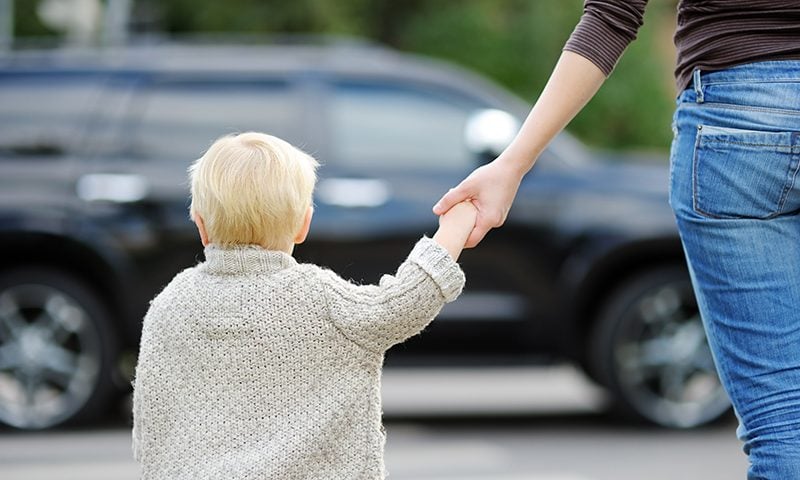Over half of drivers admit to breaking 20mph limit

With the fourth UN Global Road Safety Week just passed (8th – 12th May), countries from around the world came together to highlight the importance of road safety.
Every Global Road Safety Week has a unique key message. In 2007, the focus was on youth road safety. More recently, 2013 focussed on pedestrian safety, while 2015’s message was to ‘save kids’ lives’.
This year’s goal is to get drivers to #SlowDown and save lives.
We thought we’d share some interesting information with you about why you should be hitting the brakes,.
Why you should #SlowDown
The UN highlights three main reasons why every driver should consider slowing their speed down.
The first is that a slower speed allows you to avoid potential collisions. When driving at a slower speed, a driver has a greater awareness of any potential hazards around them. Alongside this, a driver has more control of their vehicle, so any sudden hazards can be avoided. A reduced stopping distance is also invaluable at stopping any potential problems.
Secondly, the lower the speed, the lower the damage. The UN explains on their website that the lower an object’s speed, the lower the amount of kinetic energy the object is carrying. If an object were to hit something, that energy is then released into whatever is hit. So, if a vehicle is slower, and has less kinetic energy, it would cause less damage in an incident.
Finally, a lower speed helps protect vulnerable road users. Other road users, such as pedestrians, cyclists and moped riders, face a greater risk of injury or worse if drivers travel at a higher speed. So, it’s better for everyone if everyone slows down.
As part of a week dedicated to road safety, Brake and Churchill completed a survey of 2,000 UK drivers to ask a few questions about speed…
Majority ‘don’t do 20’
The big takeaway from the study is that 52% of drivers admitted to driving at 25mph or more in 20mph zones. Younger drivers aged between the ages of 25-34 are the most likely to reach this speed (73%), while older drivers aged 55-64 are the least likely (45%).
It goes without saying, speeding is bad for a whole host of different reasons – from the risks posed to other drivers, to the potential of receiving points and fines. But Brake has highlighted another reason why these survey results are so worrying.
The importance of 20mph
If a vehicle is travelling faster than 20mph, children find it difficult to judge its speed. This means a child will be less certain as to whether it’s safe or not to cross a road.
While some children may then be more likely to not cross, and wait until the road is clear, some will think the opposite, believing it safer to cross than it actually is. This is why 20mph matters.
This message is being discussed by Brake during ‘Beep Beep! Day’, a project that encourages and teaches road safety essentials to more than 50,000 children around the country.
With this year’s ‘Beep Beep! Day’ coinciding with Global Road Safety Week, it’s hoped that more people will take on the message that it’s important to #SlowDown.
Majority think traffic’s too fast
The study also revealed that 78% of drivers feel traffic moves too quickly in their neighbourhood, leading to worries about the safety of children.
So, despite quite a high number of drivers admitting to speeding in a 20mph zone, an equally large number would like to see traffic slowing down.
With 500 children killed on roads around the world every single day, hopefully, the message from Global Road Safety Week and Beep Beep! Day will encourage safer driving around the UK for this week and importantly, beyond.
driving around the UK for this week and importantly, beyond.


